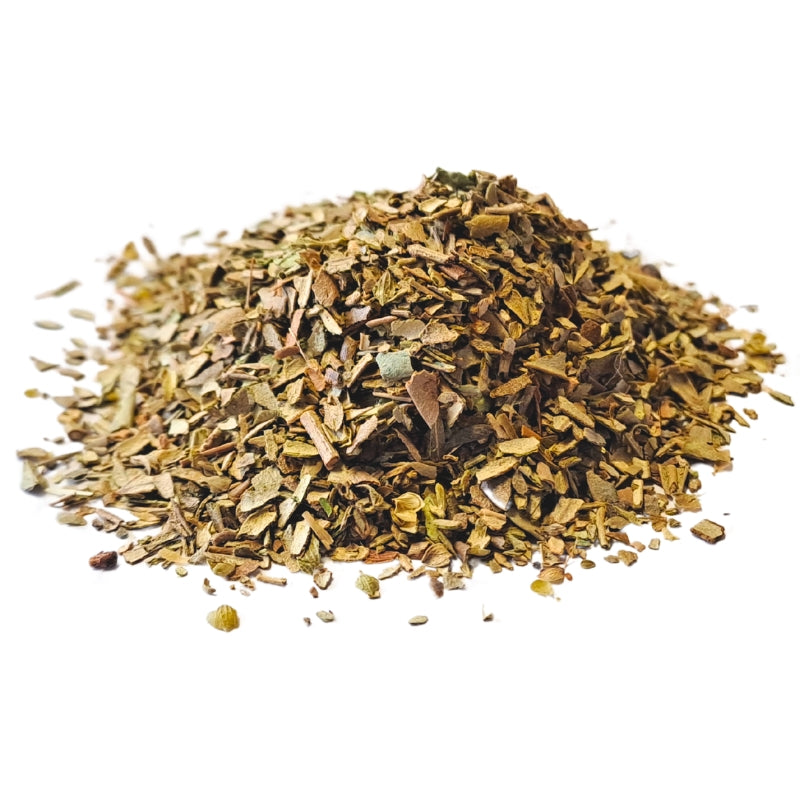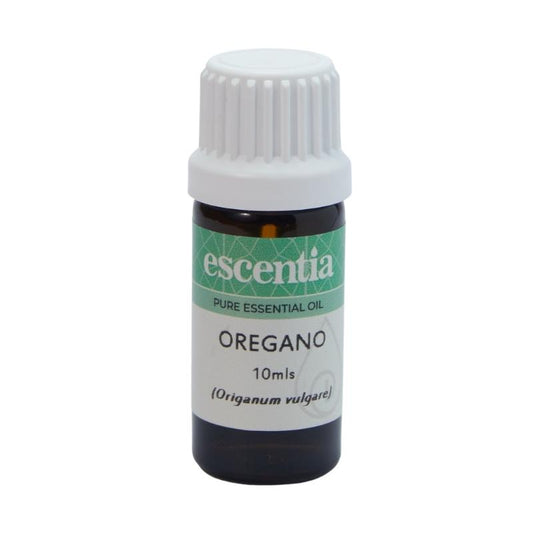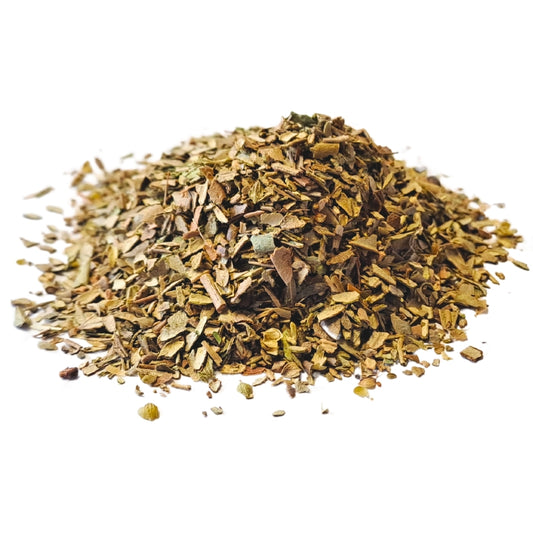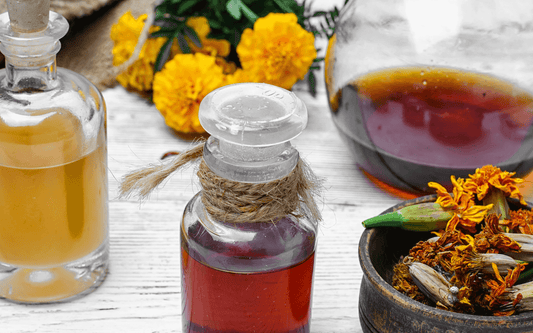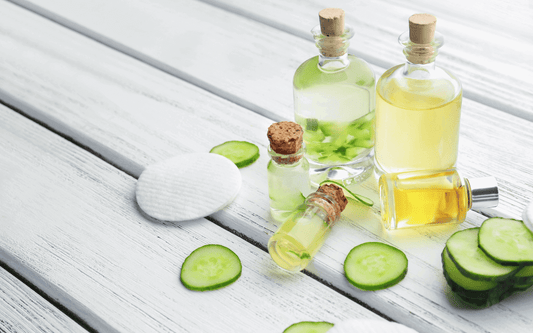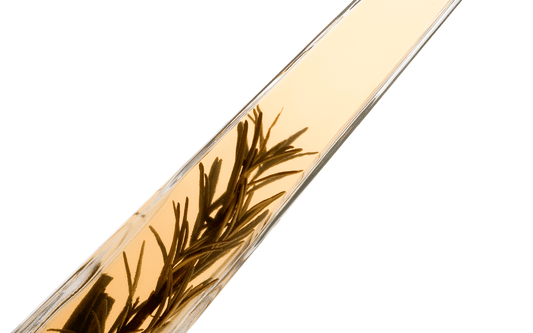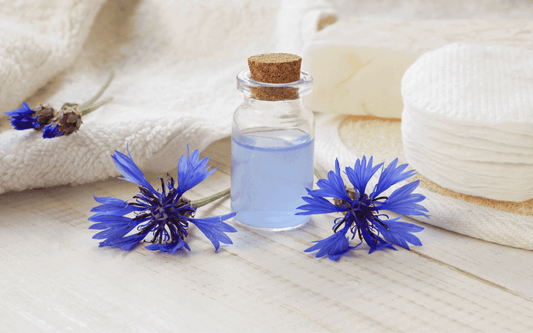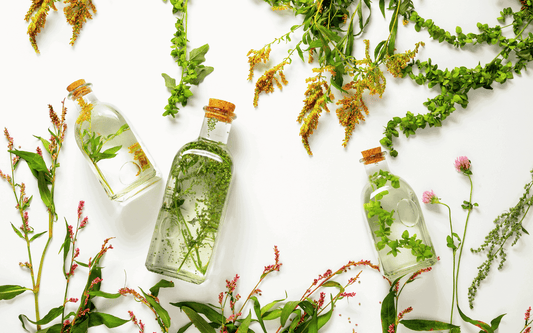
Oregano: The Herb You Didn’t Know You Needed
Cayla MandeanHave you ever thought that one of the most powerful natural remedies might already be hiding in your spice rack?
For me, it's oregano.
I used to think of it as just a pizza topping, something that added a little extra flavour to pasta, a soup or roast veg. But this winter, I've come to appreciate it in a whole new way.
Oregano (Origanum vulgare), a fragrant herb native to the Mediterranean, has long been a staple in culinary traditions, but beyond its flavour lies an impressive array of medicinal properties. The herb also contains valuable essential oils that exhibit numerous biological activities. It has a long history of use in traditional systems such as Western Herbal Medicine and Ayurveda, where it has been valued for its antimicrobial, antioxidant, and immune-supportive properties. These traditional applications are increasingly supported by early scientific research.
What Is Oregano, Really?
Oregano is a flowering plant in the mint family and can be considered a "Medicinal Aromatic Plant." It is commonly known as a green culinary spice. You've likely used the dried herb in food, but it also comes in pure essential oil form. Oregano has been used for centuries in Mediterranean, Middle Eastern, and Traditional European Medicine to support the immune system, digestive health, and skin repair.
But oregano's real power lies in its phytochemistry.
List of Active Compounds in Oregano
- Carvacrol: Broad-spectrum antimicrobial and anti-inflammatory. Some preliminary studies even show its anti-cancer potential, with research ongoing.
- Thymol: Antifungal and immune-modulating
- Rosmarinic Acid: A potent antioxidant which helps reduce oxidative stress. It's also being studied for neuroprotective and anti-inflammatory effects.
- Terpenes: Help protect and repair tissues
These, along with various other antioxidants and compounds, give oregano its "medicinal" status in natural skincare and health and wellness.
What does that mean for you? Preliminary research or traditional evidence suggests:
- Clearer skin.
- Better digestive balance
- Natural support when you're feeling run-down
We will dive deeper into the benefits later on in the blog.
But Isn't Oregano Just for Cooking?
Not quite. While dried oregano is known as a bold, earthy flavour in food preparations, not many people know that the essential oil also has incredible benefits and uses!
Here's how they can be used:
Dried Oregano can be used in cooking, teas, infusions, DIY skincare, and botanical extracts. From Glycerites to Oil Macerations, you can learn how to make botanical extracts here.
Oregano Essential Oil can be used in spot treatments, DIY home cleaning products, immune support, to address topical fungal concerns, and in aromatherapy. Note, it must always be diluted when used.
Why is Oregano Great for the Skin?
We touched on how you can use Oregano in skincare, but would you believe me if I told you the essential oil is great for topical use on acne-prone or inflamed skin, when applied properly?
Benefits of Oregano for the Skin:
- May help clarify breakouts and reduce blemishes
- Can soothe redness and irritation
- Supports wound healing and fungal issues
- Rich in antioxidants for anti-aging support
Note, it can be irritating, especially on sensitive or inflamed skin, particularly when undiluted.
Gut, Immunity & Seasonal Support
Oregano isn't just great for the skin. Its compounds, particularly the dried herb, may support the gut and immune system, helping your body stay resilient.
Oregano May Help:
- May reduce harmful bacteria after antibiotic use and potentially reduce dependency. It's worth noting that more studies are needed. Also, it is not considered a replacement for probiotics.
- Can calm digestive bloating or candida overgrowth.
- May support immune response against seasonal infections. A natural antiviral, antibacterial, and anti-inflammatory herb that has traditionally been shown to fight infections and may support respiratory health.
Consider it as your herbal multitasker… when used thoughtfully.
Oregano oil is potent. Overuse, especially undiluted, can lead to irritation or imbalances. Some compounds can interact with medications, especially blood thinners or diabetic medications. Read our product disclaimer for more information.
Easy DIY Oregano Spot Treatment for Blemish-Prone Skin
Ingredients
Phase A
50% Rosehip Oil (supports skin regeneration, fades scars and pigmentation, and improves tone without clogging pores)
3% Moringa Oil (deeply moisturises while calming inflammation and supporting skin barrier repair)
12% Hemp Seed Oil (balances oil production, soothes inflammation, and strengthens acne-prone skin)
15% Tamanu Oil (accelerates healing of scars and breakouts while providing antibacterial and anti-inflammatory support)
8% Black Seed Oil (fights acne-causing bacteria, reduces inflammation, and helps even skin tone)
9% Jojoba Oil (mimics skin's natural sebum, balances oil, and helps repair the skin barrier)
Phase B
1.50% Vitamin E Oil (acts as an antioxidant to protect skin and extend the shelf-life of the formula)
0.80% Tea Tree Essential Oil (targets acne-causing bacteria and reduces redness and swelling in breakouts)
0.70% Oregano Essential Oil (delivers strong antimicrobial protection to help prevent breakouts and support overall skin health)
Method:
-
- Mix all Phase A ingredients together gently until everything is well blended and smooth.
- Add the Phase B ingredients to the Phase A mixture and stir gently until fully combined.
- Once the mixture looks even and consistent, it's ready to pour into a container.
To use, simply put a small amount on your finger and dab onto your acne spot.





